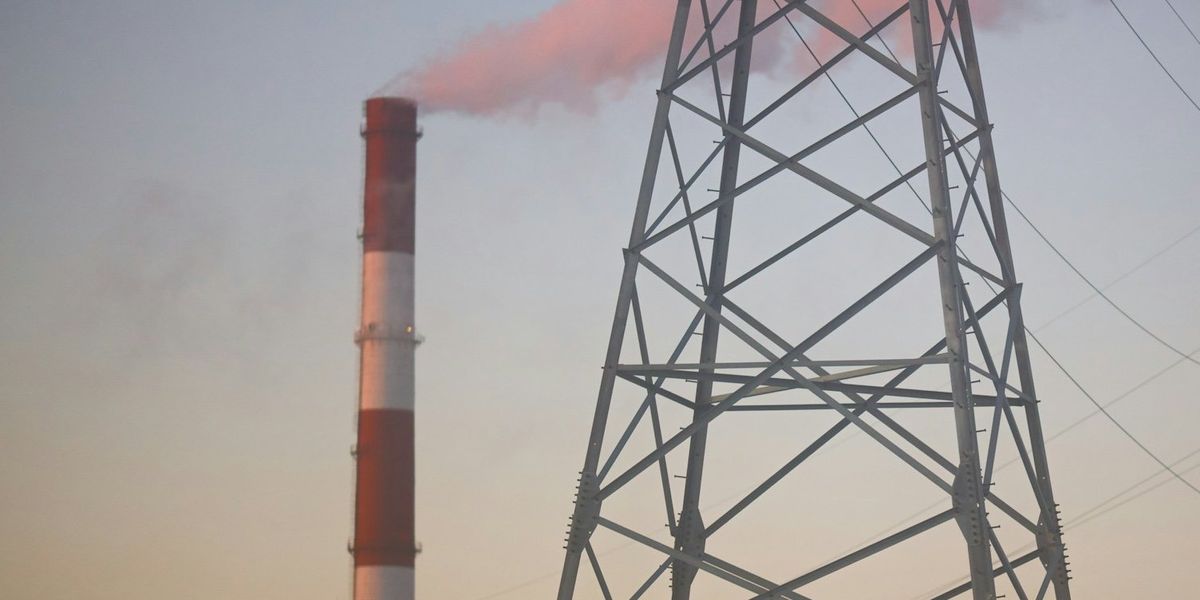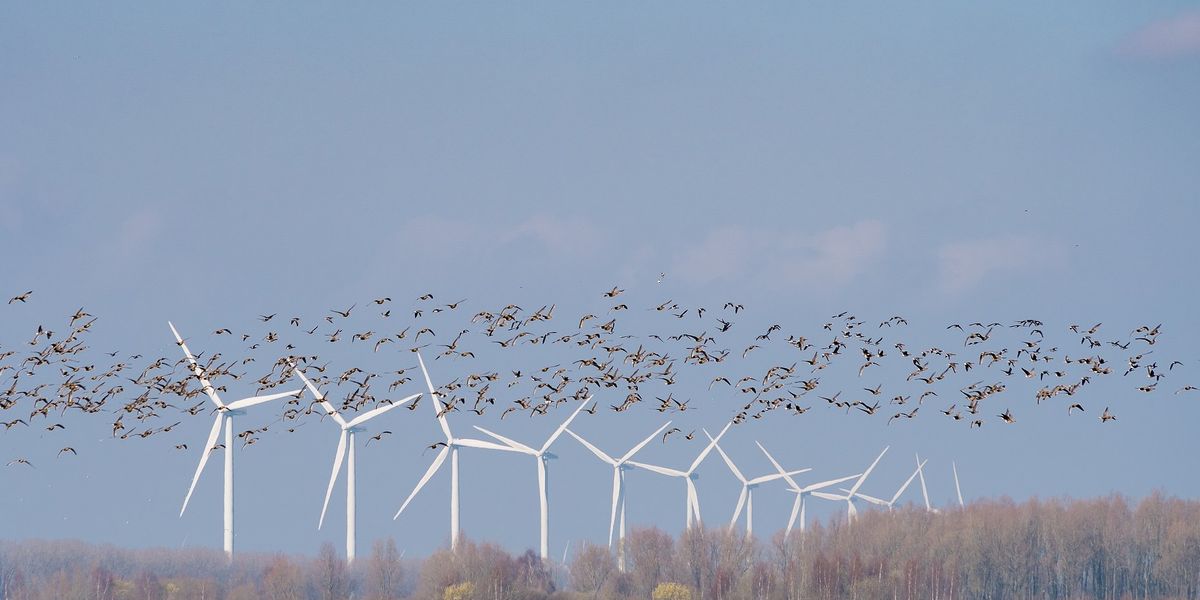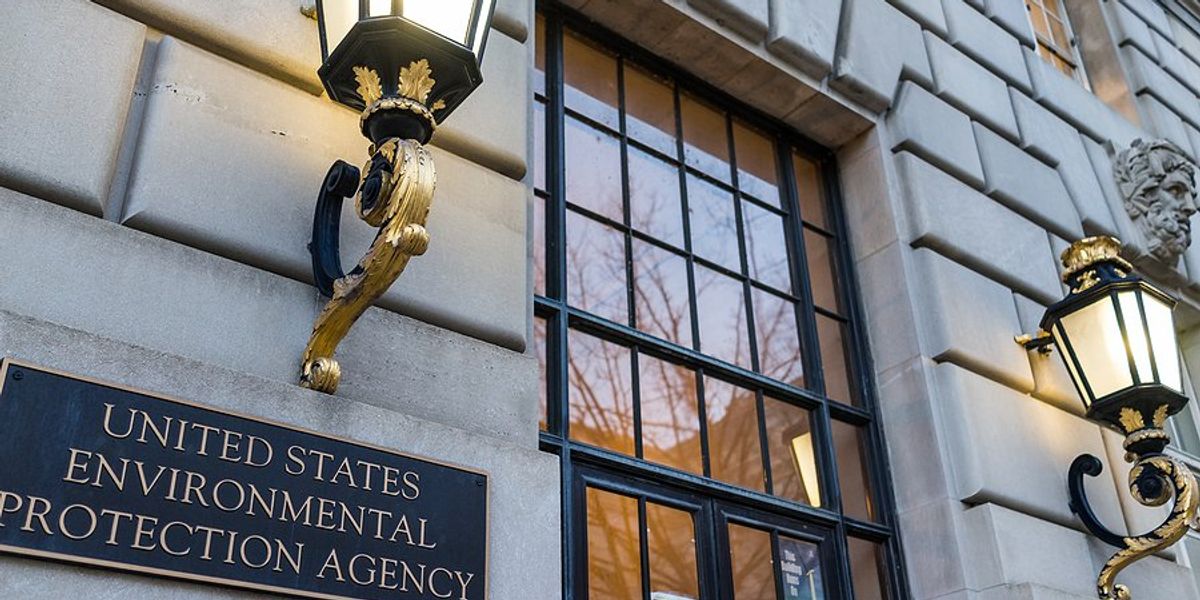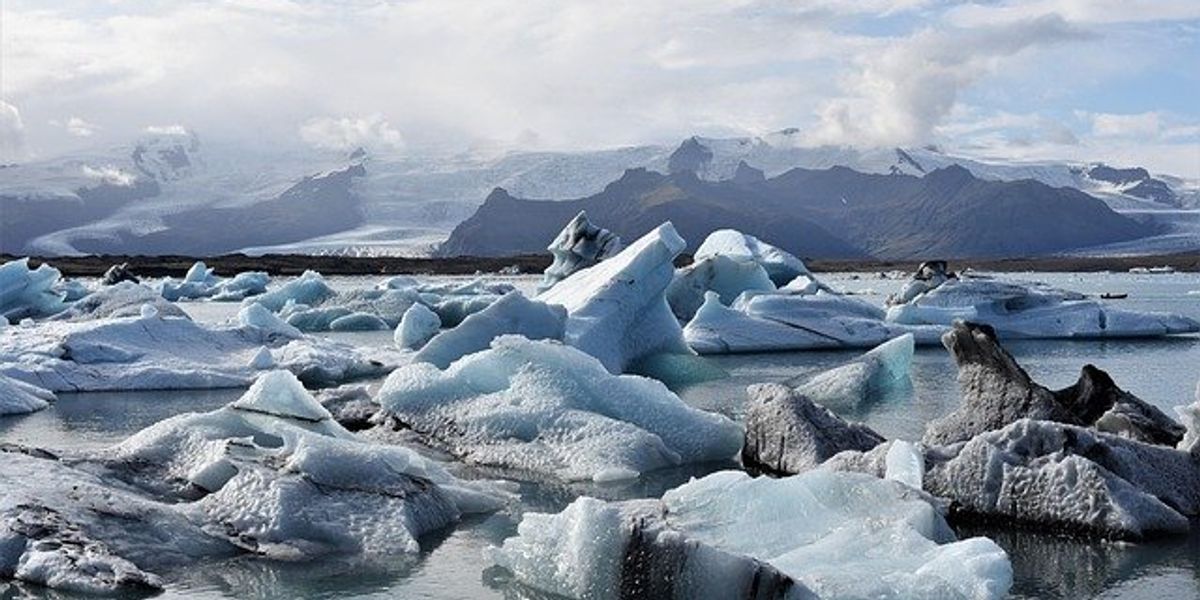
Global effort to protect international waters nears milestone as more countries back UN ocean treaty
Eighteen more nations signed onto a United Nations treaty to protect biodiversity in international waters, leaving the agreement just 11 ratifications short of taking effect.
Annika Hammerschlag reports for The Associated Press.
In short:
- The High Seas Treaty, formally called the Agreement on Biodiversity Beyond National Jurisdiction, would be the first legally binding international agreement to safeguard biodiversity in areas of the ocean beyond national control.
- With 49 countries and the European Union now ratifying the treaty, only 11 more are needed to start a 120-day countdown to formal adoption, allowing for the creation of marine protected areas and enforcement mechanisms.
- The treaty’s framework includes limits on extractive activities, supports equitable science and technology sharing, and mandates multilateral decision-making through future Conferences of the Parties.
Key quote:
“Until now, it has been the wild west on the high seas. Now we have a chance to properly put protections in place.”
— Megan Randles, global political lead for oceans at Greenpeace
Why this matters:
Nearly half the planet’s surface lies in the high seas — international waters that until now have had no enforceable conservation rules. These waters hold rich ecosystems crucial to planetary health, but they face growing threats from overfishing, climate change, and industrial ambitions like deep-sea mining. Without legal guardrails, fragile marine habitats could suffer irreversible damage. The High Seas Treaty represents a long-awaited step toward global ocean governance, providing a means to designate protected zones and regulate harmful activities. Scientists and advocates stress that achieving the treaty’s goal of protecting 30% of Earth’s oceans by 2030 is essential not only to preserve marine biodiversity but also to maintain the oceans’ role in carbon storage and climate regulation. What happens on the high seas can shape the future health of the entire planet.
Recent news: World leaders to meet in France to confront ocean crisis and push for $100 billion in pledges













